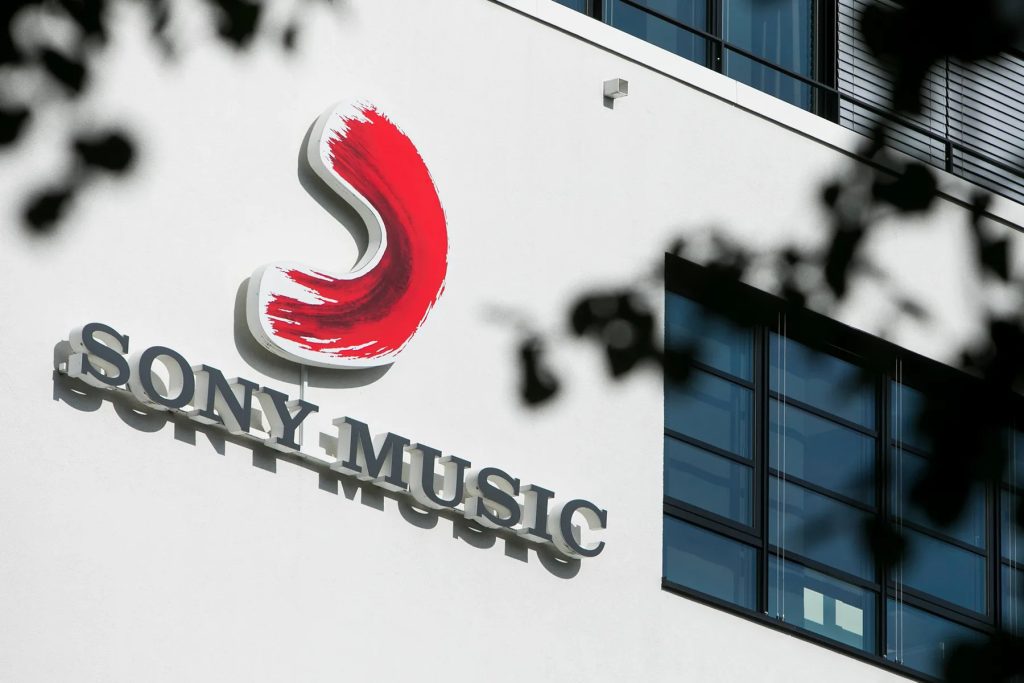Sony Music, the world’s largest music publisher, has initiated a legal offensive against major tech companies like Google, Microsoft, and OpenAI, suspecting the unauthorized use of its copyrighted songs in AI system development. This action underscores a broader debate about the propriety and legality of using copyrighted materials to train artificial intelligence technologies without explicit permission.
Inquiry and Demands for Compliance
The company has sent out letters to over 700 entities demanding clarifications on whether they have utilized Sony Music’s tracks for AI training. The music giant, representing stars such as Beyoncé and Adele, is not merely raising questions but actively forbidding the exploitation of its musical works for AI purposes without appropriate agreements. This stern approach highlights the increasing concerns over intellectual property rights in the age of advanced machine learning and AI technologies.
At the heart of Sony Music’s grievances is the fear that AI tools, including those capable of generating music, might be training on vast datasets that include Sony-owned content without authorization. This issue is not confined to Sony alone; it’s part of an ongoing industry-wide scrutiny over how AI systems are developed and the sources of data they employ. Companies like Google and OpenAI, known for their pioneering AI research, are now in the spotlight, questioned about the ethical and legal bases of their data usage.
Legal and Ethical Implications
The controversy touches on complex legal territories both in the EU and the US, with debates swirling around whether training AIs with copyrighted content constitutes infringement or falls under fair use and temporary copying exceptions. The upcoming EU AI Act and ongoing US court cases involving high-profile figures and companies will likely set precedents for how intellectual property is treated in the digital and AI-driven age.
Sony’s Broader Strategy
Beyond the legal maneuvers, Sony Music’s actions reflect a broader strategy to safeguard its artists’ and composers’ rights as technologies evolve. While the company acknowledges the potential of AI to revolutionize the creative industries, it insists that such advancements must not compromise the rights of creators. This position signals a growing insistence among content creators and rights holders to have a say in how their works are used in training the next generation of AI systems.


